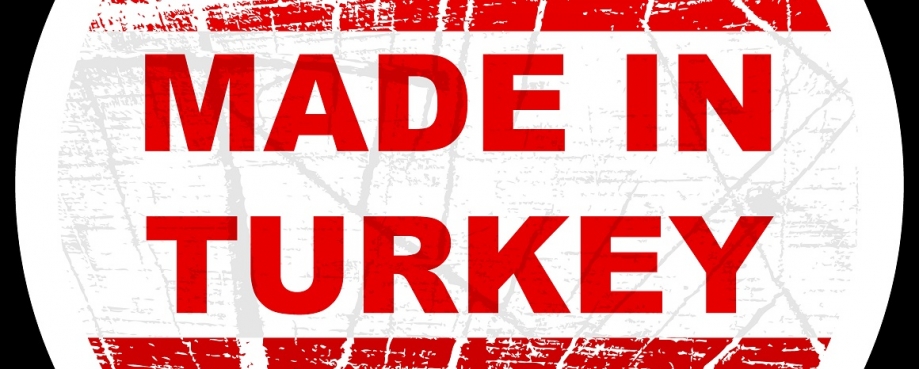
ETI and its member companies cooperated closely with Panorama over the making of the programme, Undercover: the refugees who make our clothes, giving detailed feedback on their request.
It is important to acknowledge the complete unacceptability of the worker exploitation and child labour that was uncovered by Panorama. It is also important to acknowledge that the refugee crisis presents Turkey with a unique and complex set of circumstances.
ETI was therefore pleased to see that Panorama recognised the remediation efforts made by ETI member brands when informed of labour abuses in their supply chains. As members of ETI, this is what is expected, but ETI also recognises that more work is needed across the sector.
ETI’s Executive Director Peter McAllister said: “In the past five years Turkey has had to assimilate three million Syrian refugees, which would be a massive burden for any country. Many refugees are desperate for a job at any cost and this influx has placed huge pressures on Turkey’s already problematic apparel and textiles sector. ETI members have been working hard to address those pressures, but we know there is much more to do.”
ETI firmly believes that its company members are attempting to do something different in the country – to help both Turkish and Syrian workers find decent employment within the law. They are trying new collaborative approaches with unions and NGOs and showing clear leadership in improving their management of audits, in how they track subcontracting and in addressing the impact of their purchasing practices – Panorama’s three main concerns.
Member companies joining ETI’s Turkey programme group agree to develop internal policies to guide their Turkish sourcing practices, enhance their audit procedures in the first and second tiers of their supply chains and put in place effective remediation where unregistered Syrian workers are found to be employed. Several are now doing more.
ETI also confirmed that its company members approached ETI in 2014 asking for help in dealing with what they recognised was a looming crisis. Subsequently, ETI's tripartite Turkey programme group was established including companies (international brands and local suppliers), local and global trade unions and NGOs. So far 26 retailers have joined.
Peter McAllister said: “There is always more to do as Panorama shows, but progressive brands – and this includes ETI members mentioned by Panorama – are playing a positive role in addressing supply chain issues and this should be recognised.
“That commitment has already seen positive results, including local work permit legislation and the production of guidance on Turkish labour laws for refugees. However, the nature of this crisis means that it will take a long time to address the issue and that business cannot tackle this alone. That requires collaboration across the board, and must include Turkish government leadership.”
Ultimately, Panorama argued that brands do not know where their products are made and contended that this means abuses will always happen. If that is to be changed, the garment industry needs to collaborate to address issues thrown up by subcontracting and on brand transparency. ETI stands ready to help in that endeavour.
Released by ETI Communications Team on 020 7841 4358
